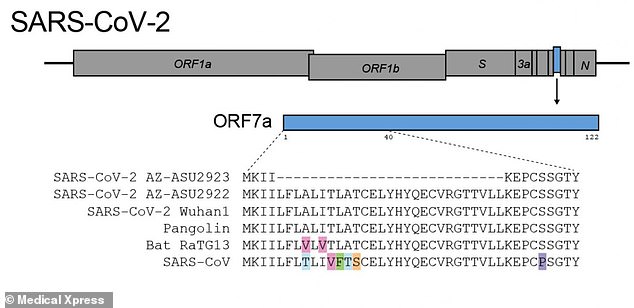Terrible idea for him to be making that claim. Not only would it be unprecedented development time, but to claim that it will be widely distributed in seven months is insane.
https://www.livescience.com/coronavirus-covid-19-vaccine-timeline.html
https://blogs.sciencemag.org/pipeline/archives/2020/04/15/coronavirus-vaccine-prospects
Time for another look at the coronavirus vaccine front, since we have several recent news items.
Word has come from GSK and Sanofi that they are going to collaborate on vaccine development, which brings together two of the more experienced large organizations in the field. It looks like Sanofi is bringing the spike protein and GSK is bringing the adjuvant (more on what that means below).
Their press release says that they plan to go into human patients late this year and to have everything ready for regulatory filing in the second half of 2021. For its part, Pfizer
has announced that they’re pushing up their schedule with BioNTech and possibly starting human trials in August, which probably puts them on a similar timeline for eventual filing.
“But that’s next year!” will be the reaction of many who are hoping for a vaccine ASAP, and I can understand why. The thing is, that would be absolutely unprecedented speed, way past the
current record set by the Ebola vaccine, which took about five years. More typical development times are ten years or more. But hold that thought while you peruse another
news item today from J&J. They have an even more aggressive timeline proposed for their own vaccine work: they have
already announced that they have a candidate, and they say that they plan first-in-human trials in September. D
ata will be available from those in December, and in January 2021 they say that they will have the first batches of vaccine ready for an FDA Emergency Use Authorization. Now that is shooting for the world record on both the scientific and regulatory fronts.


